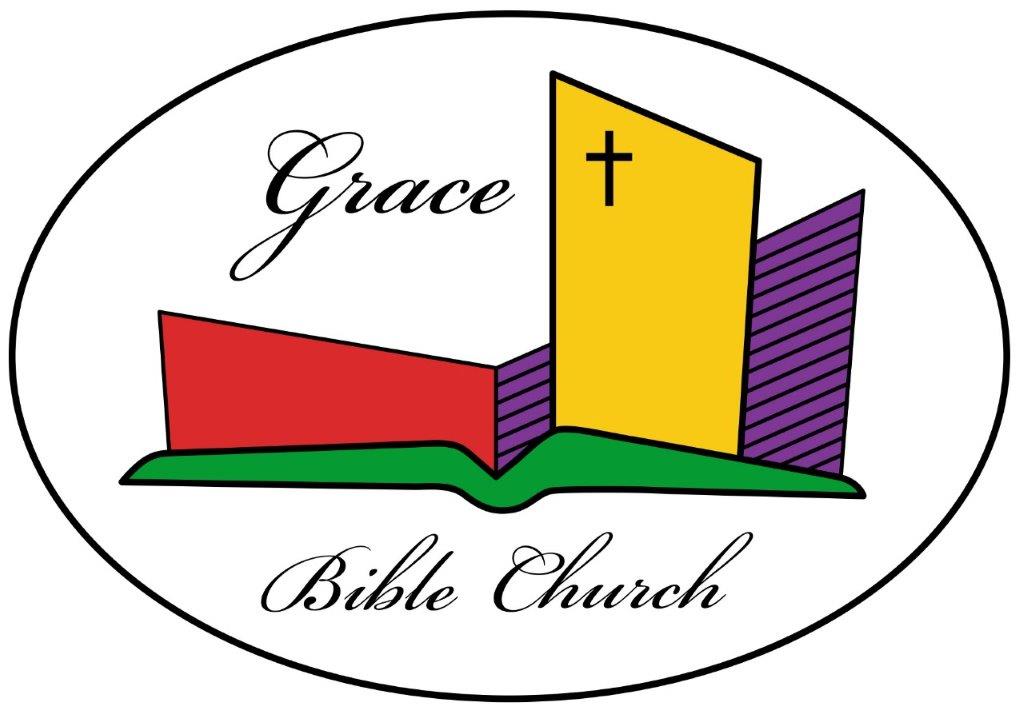The Bible at a Glance
A one-sentence overview of biblical books.
Genesis – outlines the beginning of creation, man and Israel; specifically chronicling the lives of Abraham, Isaac, Jacob & Joseph.
Exodus – describes the “going out” of Israel from Egypt and their struggles to obey a holy God who wanted to “tabernacle: or dwell with them.
Leviticus – God’s guidebook; offers the newly-redeemed Israel the way to worship, serve and gain access to God.
Numbers – transitions God’s people from their wilderness wanderings to their place in a new land by illustrating divine consequences for rebellion.
Deuteronomy – The second law, records Moses’ swan song, stressing the importance of loving God and obeying Him with all your heart.
Joshua – Chronicles the military campaign to reclaim Israel’s land; however, they learn that victory is found through faith in God alone.
Judges – Contrasts Israel’s past obedience to the necessary consequences when everyone did what was right in their own eyes.
Ruth – Tells the beautiful love story between King David’s great-grandparents and affirms that God will provide for and protect His children.
1 & 2 Samuel – tell of the adventures and reigns of Israel’s first two kings: Saul and David, the man after God’s own heart.
1 & 2 Kings – trace the political line of Israel, beginning with King Solomon, whose heart was divided; and end with a Nation whose people were divided.
1 & 2 Chronicles – Mirror the history of 1 & 2 Kings yet concentrate on the spiritual lives of Judah’s Kings who modelled their hearts after David.
Ezra – follows the exiled people’s return back to the land as God promised and describes a new beginning for Israel.
Nehemiah – Outlines the administrative genius nd faith of a man who would rally God’s people to rebuild the protective walls of Jerusalem in 52 days.
Esther – Set between the time of Ezra 6 – 7; tells the true Cinderella story of how God delivered His people from a holocaust-like plot.
Job – Records the drama of a godly man who, after losing his health, wealth, family & status, chose to trust that God was at work behind the scenes.
Psalms – The hymnbook of the Bible: exalts God as worthy of all praise through songs that continue to be sung to this day.
Proverbs – Teaches wisdom for living; in short, pithy statements about everyday aspects of life & relationships.
Ecclesiastes – Outlines Solomon’s intense search for the meaning of life, ultimately finding it in knowing & loving God.
Song of Songs – Details the intimacies of marital love and metaphorically pictures the love of God for His people.
Isaiah – Condemns Judah for their sin and predicts God’s judgement, but also offers comfort in God’s faithful future blessing.
Jeremiah – Describes Judah at the depth of spiritual decay and announces the heart-breaking news of God’s judgement in light of His holiness.
Lamentations – Calls the people of Israel to mourn in this funeral liturgy for Jerusalem; forty years later Jeremiah’s prophecy came true.
Ezekiel – Administers hope to exiles in Babylon that God’s Name would be honoured and that His Glory would not be forgotten.
Daniel – Assures Israel and the world that God is sovereign and will work in the lives of individuals as well as in history, according to His own Will.
Hosea – Symbolizes God’s faithfulness and the spiritual adultery of Israel by marrying and loving a prostitute.
Joel – Joel’s “Day of the Lord” describes Israel’s present disaster and future tribulation; but also promises hope for those who believe.
Amos – Foretells judgement coming to Israel in spite of the prosperity they now enjoy and urges them to turn back to the Lord.
Obadiah – Re-tells the ancient rivalry between Esau and Jacob in the new context of Edom warring – and losing – against Israel.
Jonah – Emphasises God’s Grace in giving wicked people an opportunity to respond to the word and will of God; the prophet Jonah learns several lessons too.
Micah’s – message of judgement echoes in a sin-saturated society where justice is absent, but a Divine Deliverer will be coming soon.
Nahum – Meaning “comfort” offers encouragement to Israel that the Assyrians would not go unpunished for their wickedness.
Habakkuk – tells of the personal struggle the prophet felt with God’s plan to judge Israel using a more wicked nation; waiting and trusting God is Habakkuk’s resolution.
Zephaniah – speaks of both the wrath and mercy of God for Israel and Gentile nations – for the present and the future.
Haggai – rouses enthusiasm for the rebuilding of the Temple and calls people to renewed courage, holiness and faith in God.
Zechariah – challenges people to look ahead in God’s plan and see the benefit of their work in rebuilding the temple.
Malachi – urges Israel to be faithful in spite of their questions regarding God’s love and protection of His people.
Matthew – presents Jesus as the Christ, Israel’s Messianic King, and the fulfilment of Old Testament prophecy.
Mark – pictures Jesus as the suffering Servant, the Saviour who came to give His life as a ransom for mankind.
Luke – describes Jesus as the Son of Man, whose mission was to “seek and to save that which was lost”. (19:10)
John – presents Jesus as the eternal Son of God who offered eternal life to all who would believe on Him.
Acts – paints the only historical portrait of the newly-born Church; it also records the temporary setting aside of the Nation of Israel and Paul’s missionary journeys.
Romans – explains the significance of Jesus’ death; clarifies what it takes to be accepted by God; and illustrates how to live a godly life.
1 Corinthians – addresses a variety of problems that the early Church faced: moral and ethical, doctrinal and practical, corporate and private.
2 Corinthians – rejoices that the Church in Corinth experienced a change in heart and was now accepting Paul and each other in their God-given roles.
Galatians – urges believers to not give up their freedom in Christ in exchange for either loose living or legalism.
Ephesians – reminds believers of the great spiritual wealth that is theirs because of their inheritance in Christ.
Philippians – urges believers to focus their lives on the joy and encouragement found in Christ, regardless of their circumstances.
Colossians – affirms the supremacy of the Person of Jesus Christ and the completeness of the salvation that He provides.
1 Thessalonians – calls believers to excel in their faith and love for one another; and to always be thankful.
2 Thessalonians – comforts believers who are suffering and urges them to continue trusting God in light of future events.
1 Timothy – Encourages leaders in how to conduct themselves, guard against false doctrine and develop mature leadership in the Church.
2 Timothy – Paul’s final letter pictures a very personal portrait of what it means to finish well and remain faithful to the very end.
Titus – offers practical wisdom for Church organization and leadership; emphasizing good works as an evidence of faith.
Philemon – asks a slave owner to extend forgiveness to a runaway slave because of the Grace extended to him in Christ.
Hebrews – Appeal to Jewish believers who, because of great persecution, wanted to turn back to Judaism.
James – Integrates true faith and everyday practical living by saying faith is visible in the way we choose to live our lives.
1 Peter – Illustrates that persecution can cause you to grow or grumble, so choose whether hard times will create – or destroy – your character.
2 Peter – Reminds believers of the timeless truths of the faith and encourages them to continue growing through spiritual maturity.
1 John – Explores the relationship between God and his people in terms of light, love and eternal life.
2 John – Affirms that Christians should love each other, but warns that hospitality shouldn’t be extended to those wanting to destroy the truth.
3 John – Commends believers who are making their faith an active part of their lives and godly character their priority.
Jude – Reveals the true nature of false teachers and encourages believers to fight for the faith.
Revelation – Completes God’s story, begun in Genesis, with a dramatic description of God’s plan for the end of the world.

